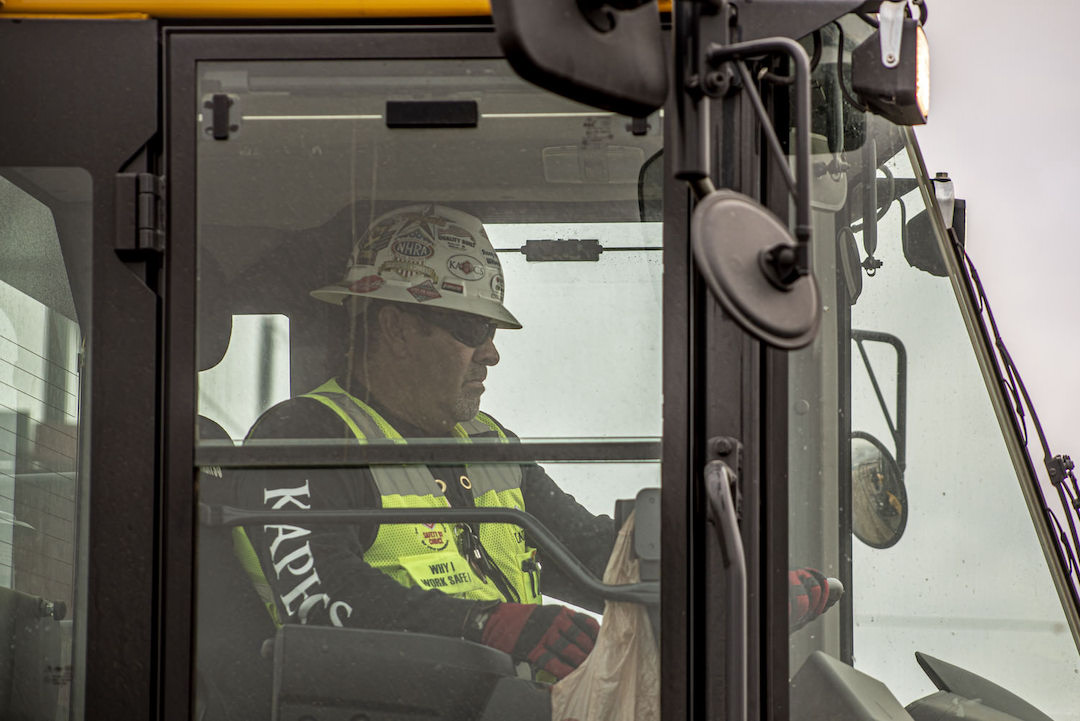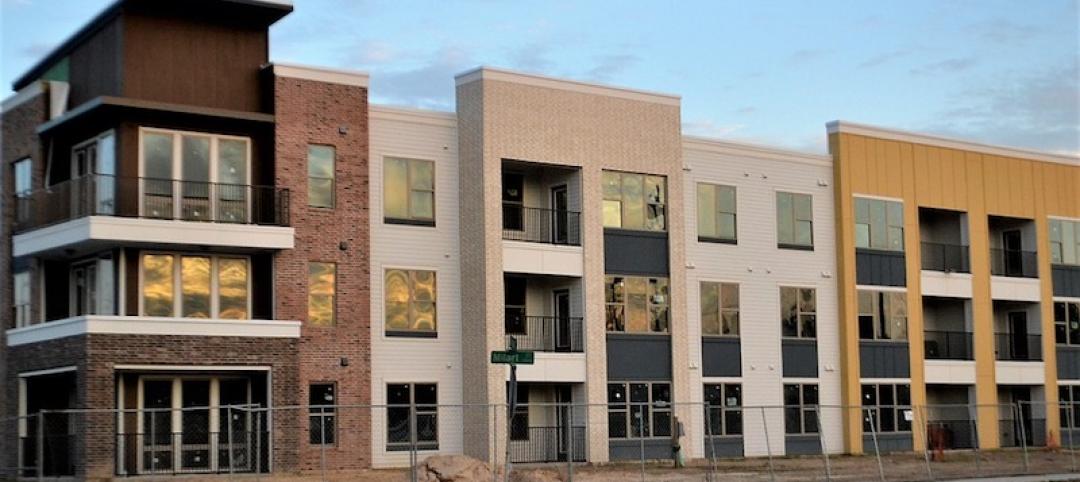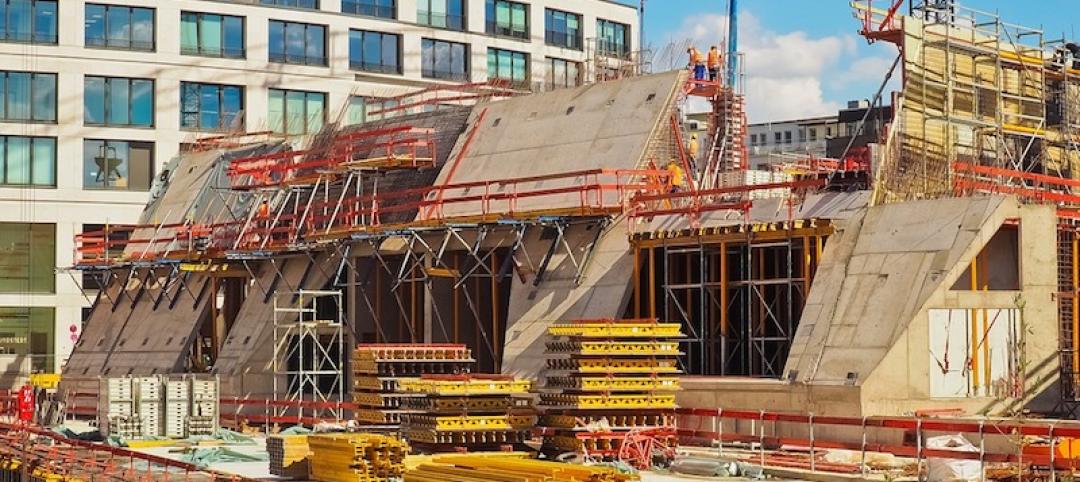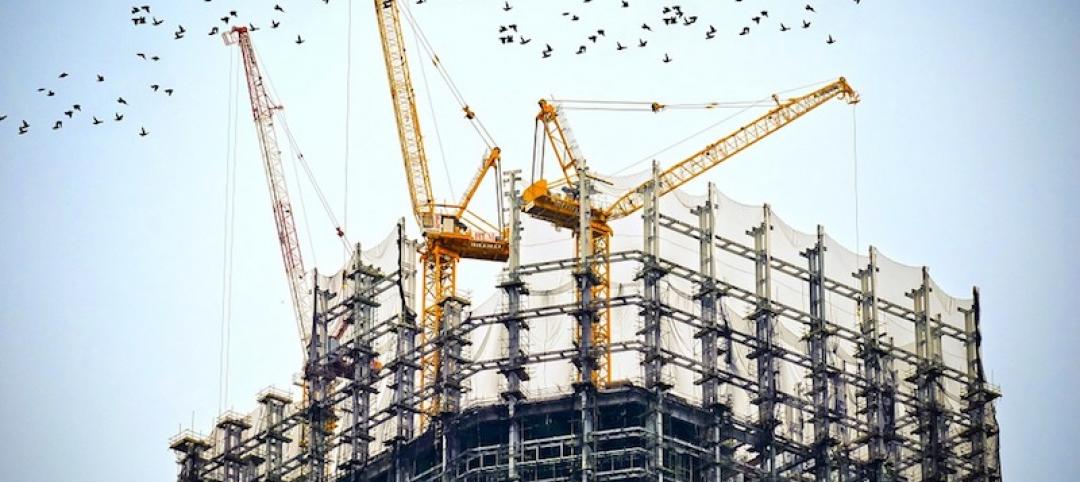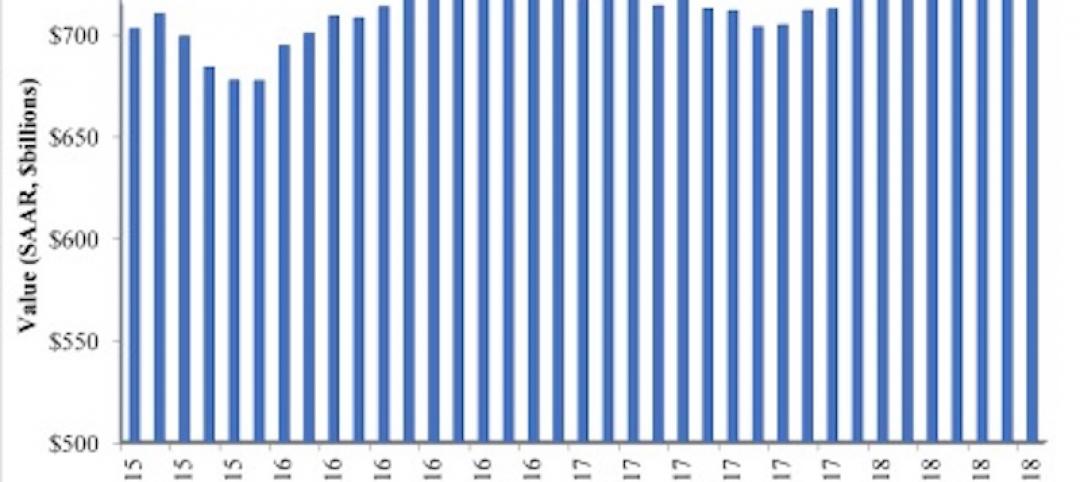Construction employment increased by 22,000 jobs between November and December as nonresidential construction firms added workers for the fourth month in a row while residential construction employment slipped, according to an analysis by the Associated General Contractors of America of government data released today. Association officials said the new employment figures are consistent with the results of a new outlook survey they will be releasing on January 12.
“Nonresidential contractors are increasingly busy and are eager to hire even more workers,” said Ken Simonson, the association’s chief economist. “But the low rate of unemployment and record job openings in construction show how difficult it is bringing enough workers on board.”
Simonson noted that the unemployment rate among former construction workers in December was 5.0%, which tied the lowest December rate since at least 2000 and was down from 9.6% a year earlier. He added that industry job openings totaled 345,000 at the end of November, an all-time high for November data.
Construction employment in December totaled 7,560,000, an increase of 22,000 for the month and 160,000 or 2.2% for the year. However, industry employment still trails the pre-pandemic peak, set in February 2020, by 88,000 positions.
Nonresidential construction firms added 27,000 employees in December, following a pickup of 25,700 in November. The category comprises nonresidential building contractors, with a gain of 3,700 employees; specialty trade contractors, with 12,900 more workers than in November; and heavy and civil engineering construction, which added 10,400 employees. But nonresidential employment remains 169,000 below the February 2020 level. The sector has regained only 74% of the jobs lost at the outset of the pandemic.
Residential construction employment dipped for only the second time in 2021, by 4,100 employees in December. Residential building contractors, such as homebuilders and general contractors that concentrate on multifamily construction, added 700 workers during the month, while residential specialty trade contractors shed 4,800 employees. Residential employment in December remained 82,000 above the February 2020 mark.
Association officials said the jobs figures reflect the industry optimism indicated in the annual Outlook survey they will be releasing during a virtual media briefing on Wednesday, January 12. But they cautioned that labor shortages continue to challenge contractors who are struggling to hire enough workers to keep pace with demand.
“The industry appears well poised for a strong recovery in 2022, but there are certainly clear challenges, including labor shortages, that could undermine construction this year,” said Stephen E. Sandherr, the association’s chief executive officer.
View the construction employment table.
Related Stories
Market Data | Sep 19, 2018
August architecture firm billings rebound as building investment spurt continues
Southern region, multifamily residential sector lead growth.
Market Data | Sep 18, 2018
Altus Group report reveals shifts in trade policy, technology, and financing are disrupting global real estate development industry
International trade uncertainty, widespread construction skills shortage creating perfect storm for escalating project costs; property development leaders split on potential impact of emerging technologies.
Market Data | Sep 17, 2018
ABC’s Construction Backlog Indicator hits a new high in second quarter of 2018
Backlog is up 12.2% from the first quarter and 14% compared to the same time last year.
Market Data | Sep 12, 2018
Construction material prices fall in August
Softwood lumber prices plummeted 9.6% in August yet are up 5% on a yearly basis (down from a 19.5% increase year-over-year in July).
Market Data | Sep 7, 2018
Safety risks in commercial construction industry exacerbated by workforce shortages
The report revealed 88% of contractors expect to feel at least a moderate impact from the workforce shortages in the next three years.
Market Data | Sep 5, 2018
Public nonresidential construction up in July
Private nonresidential spending fell 1% in July, while public nonresidential spending expanded 0.7%.
Market Data | Aug 30, 2018
Construction in ASEAN region to grow by over 6% annually over next five years
Although there are disparities in the pace of growth in construction output among the ASEAN member states, the region’s construction industry as a whole will grow by 6.1% on an annual average basis in the next five years.
Market Data | Aug 22, 2018
July architecture firm billings remain positive despite growth slowing
Architecture firms located in the South remain especially strong.
Market Data | Aug 15, 2018
National asking rents for office space rise again
The rise in rental rates marks the 21st consecutive quarterly increase.


